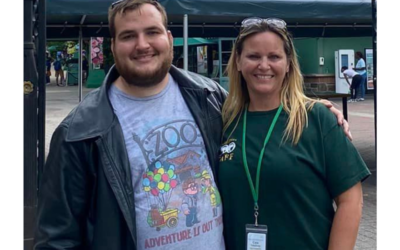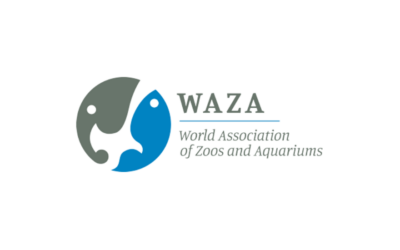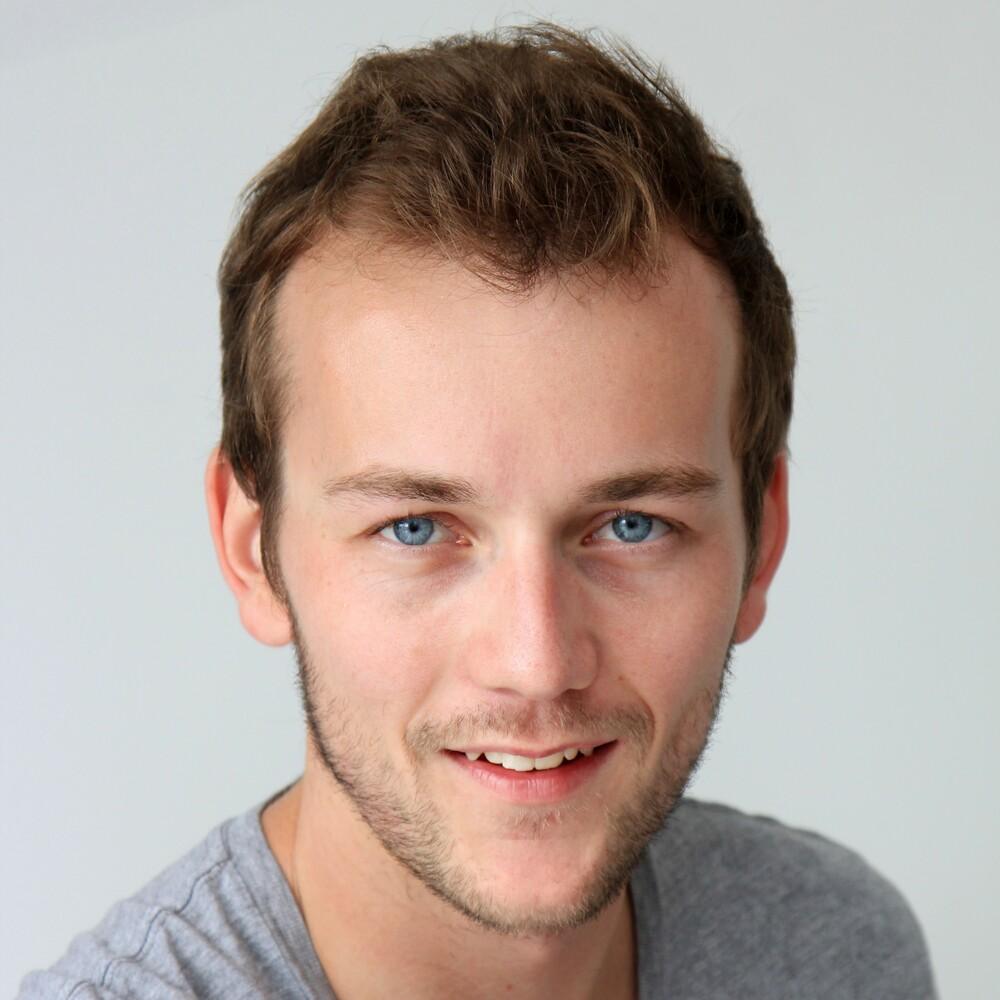With the recent leadership changes occurring in zoos across the country, we invited a panel of industry leaders to discuss several topics in our most recent Community Conversation including:
-
The career paths for today’s CEOs
-
New leadership challenges and opportunities
-
The downstream effects of this wave of change in the C-suite
-
How we can continue to know and grow the next pool of leaders, including those from diverse backgrounds
Dr. Jeffrey Bonner from Saint Louis Zoo, Tony Vecchio from Jacksonville Zoo, Amos Morris from Milwaukee County Zoo, and Dan Ashe from AZA joined ZA team moderators Dr. Jackie Ogden, Charles Hopper, and Lori Perkins for this insightful discussion.
Key highlights include:
-
Diversifying the hiring pool:
-
Skillsets: Focus hiring based on leadership skills–formerly called soft skills. While the technical is still important, we’re looking more and more for leaders that are empathic, good listeners, mission-driven, and focused on staff success.
-
Traditional roles: Most of the new directors that were hired in this last round come from within the zoo and aquarium world. There’s a mix of animal care and business backgrounds, although not many have backgrounds in education.
-
Considering people working in traditional roles (e.g. business, marketing, education) in our non-traditional profession for the “shoulder tap” would be one way to grow and diversify the pool.
-
Amos Morris on the ‘shoulder tap’ concept: “I think sometimes it’s looking and observing the folks around and seeing people that are engaged and helping them along…not being afraid to provide some guidance.”
-
-
New perspectives: Amos Morris: “I think their institutions go through various needs at time in their evolution. Sometimes it needs a different perspective…I think in some of these cases, the pendulum has swung so the need at the time is for a little bit more of an animal-based background.”
-
Social equity: There are still systemic barriers to entry for women, people of color, and other minorities. While we are making progress, we still have a ways to go before zoo and aquarium leadership reflects the racial diversity of our country/communities. Conversations in the chat reminded us that issues like parental leave affect all of us and that equity work should remain at the forefront of our conversations on leadership.
-
AZA community engagement: Dan Ashe: Experience and competency matter, engagement with the AZA community matters.
-
-
The domino effect:
-
There will be a domino effect from these hirings–since they were originally within the zoo and aquarium world, their positions will now be open and ready to be filled by next gen leaders.
-
Real change happens at the levels below CEO and bubbles up, so that’s an important level of focus for growing the pool. Dr. Jeffrey Bonner: “So there’s a limit to what directors really do change. I think it comes from the middle of an organization and moves up and down more so than from the top down.”
-
-
Mentorship:
-
Per Tony Vecchio, a legacy shouldn’t be an exhibit or a program, it should be the mentorship that you offer to the next generation. The next generation of zoo and aquarium leaders is all around us. (“I would be a pretty sad dog if my legacy was some Zoo exhibit. I look at my legacy as having an impact for the next generation.”)
-
Experience matters, so intentional mentorship is important–both formal (ELDP) and informal (not everyone can afford ELDP).
-
Tony Vecchio: urgency vs. importance: spend less time putting out fires and more time doing the important work of mentoring/growing the next generation of leaders. Current leaders need to invest energy in this.
-
Denise McClean discussed the Next Level Leaders project that matches potential mentees with mentors who may be able to help them take the next step in their career.
-
-
Hiring panel composition: Anonymous: “In my experience, we as Zoo professionals understand what is needed to run an operation and board members focus…on their business people or whatever. So you see high achievers in our profession rise through the ranks until you reach that threshold where the decision maker is no longer a professional in our profession, it’s a professional in a quadrant of our profession–business accounting, fundraising, construction–making a decision for the organization. And I think there’s a disconnect there that needs to be explored. What it is I don’t know. But it is a frustrating barrier when you’re trying to advance your career and move forward. And your colleagues and the people around you and people that have worked with you for years know what you’re capable of accomplishing. And those boards, they don’t. And so that experience gets squished a bit based upon a series of interviews that captures a small amount of time in a person’s life. So I, I don’t know, I think it needs to be explored. I think we miss folks in giving them opportunity to advance because of it. And I don’t have the answer.”
-
Personal barriers: A comment was made by one of our panelists regarding personal barriers women encounter while rising into positions of leadership. We want to acknowledge that all people can benefit from social services that allow them to maintain a balance between their personal and professional lives and that the experience of caring for children is not uniquely female. We thank our audiences for commenting on this statement during the session; these conversations help us all to do better as we move forward on our collective and individual journeys.





